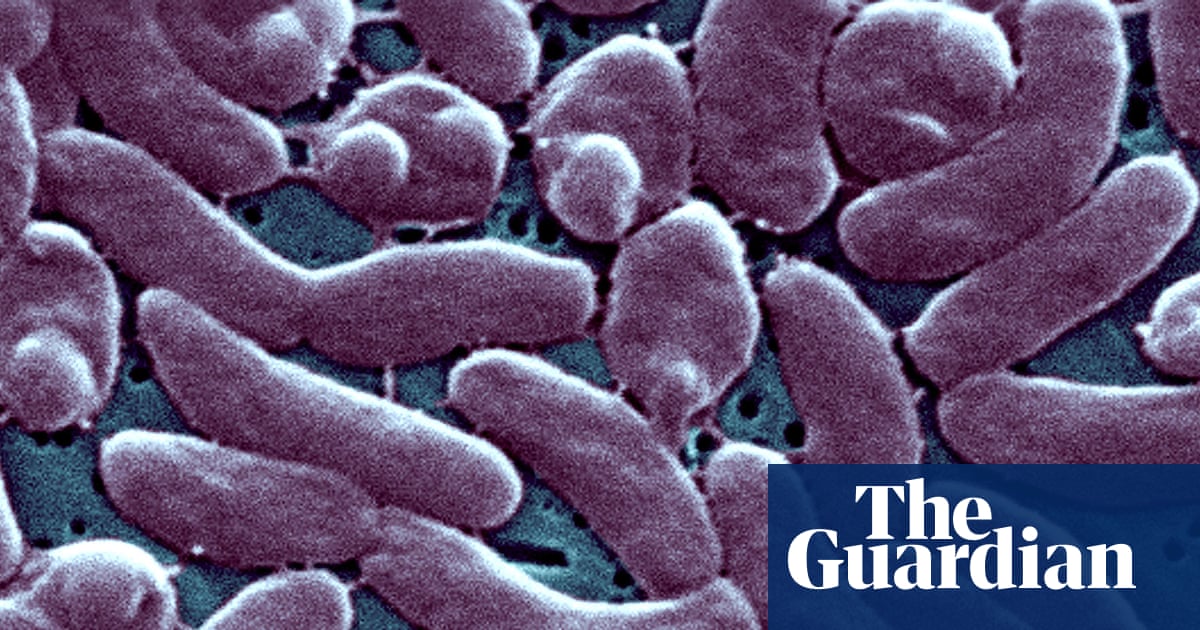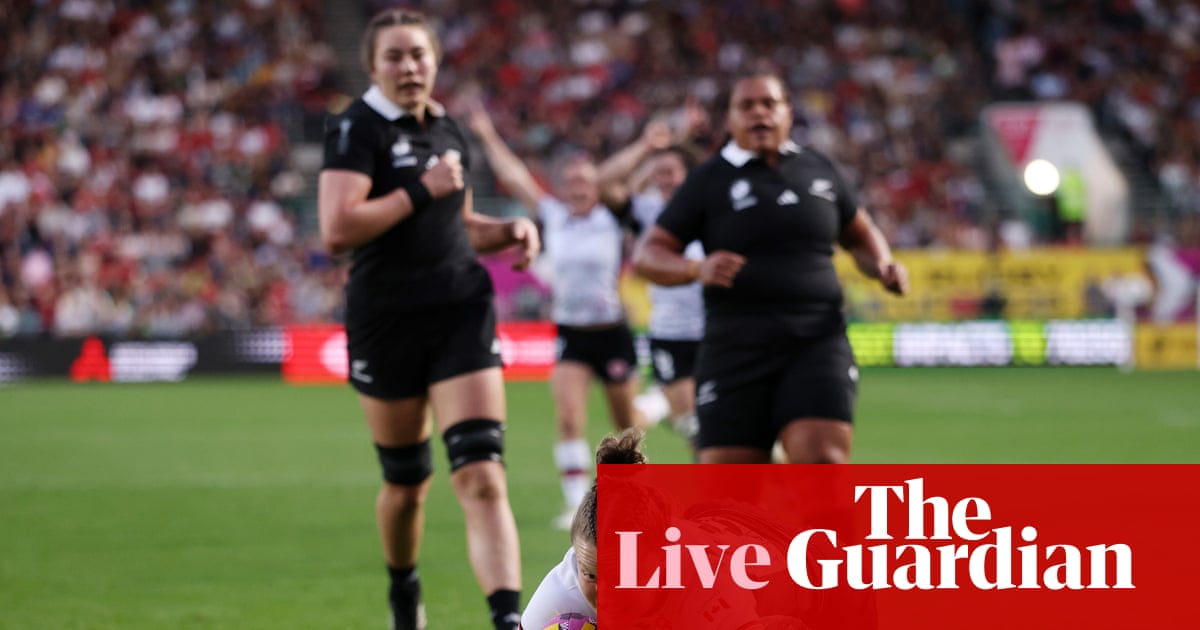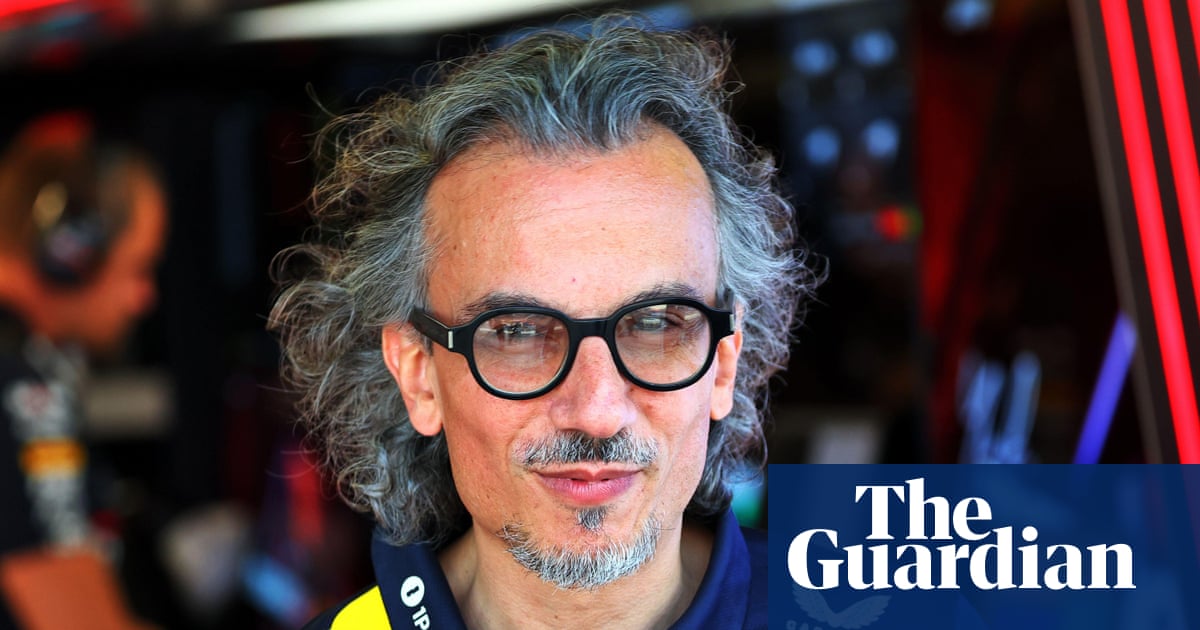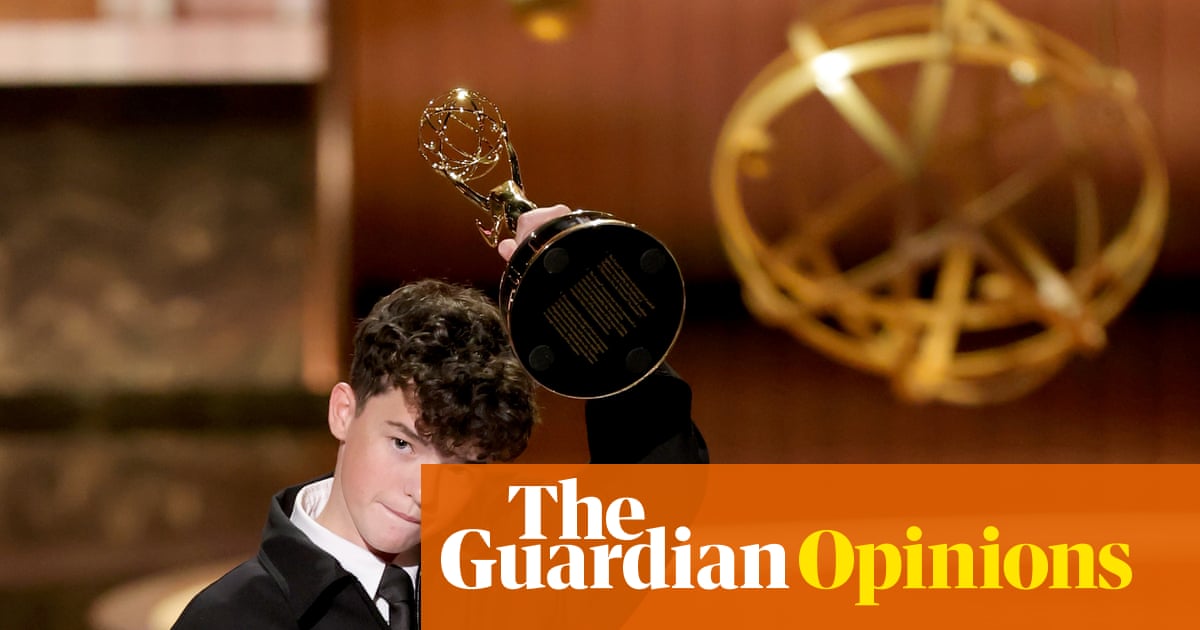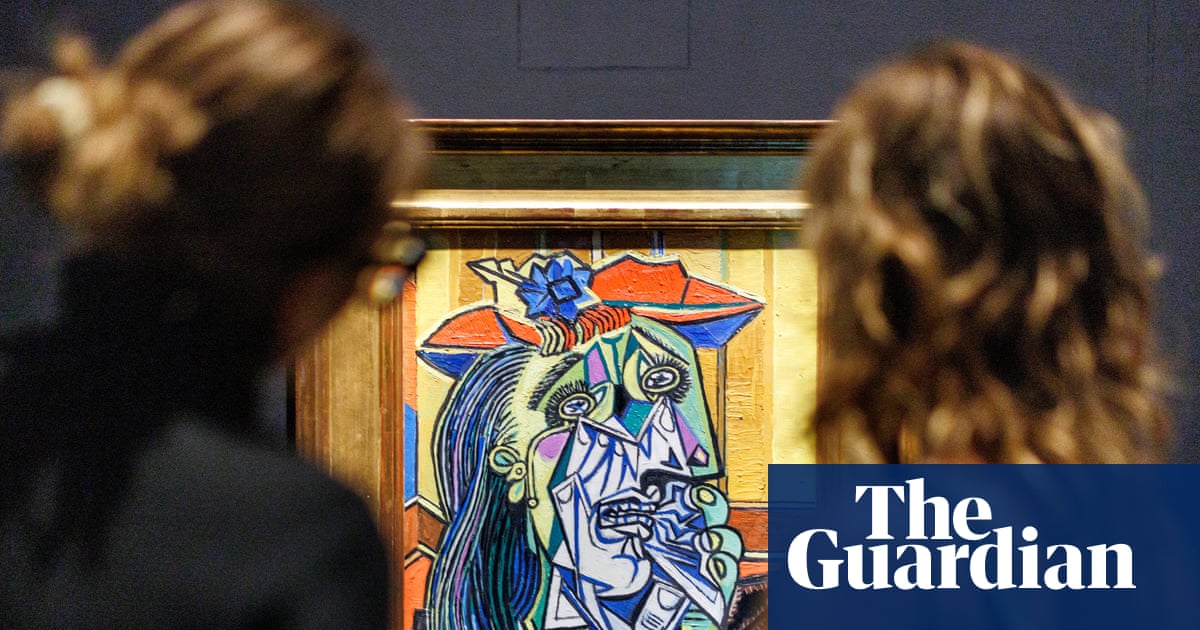According to George Monbiot, fishing is “the most destructive of all private industries” (Attenborough’s Ocean is the film I’ve been waiting my whole career for – now the world must act on its message, 13 June). Have fossil fuel lobbyists finally got to him?
Monbiot is right to highlight our complacency with overfishing, but in our attempts to tackle industrial fishing’s worst abuses, especially unchecked bottom trawling, we should not demonise small‑scale fishers – our ocean’s most powerful custodians.
Across the globe, small‑scale fishers using low‑impact gear in coastal waters are on the frontlines against industrial overfishing. They’re the first to feel the impacts of ocean decline and the best-placed to propose solutions.
Is it true that “the fishing industry trashes everything”? No. Some gears, like bottom trawls, are indeed destructive and should be restricted. But small-scale fisheries using low-impact gears are the opposite. They use environmentally friendly methods to provide healthy, low-carbon food to coastal communities.
Is fishing really “the most destructive of all private industries”? No. Fossil fuel, mining and chemical lobbyists will be smiling as readers direct their ire towards the local inshore fishing fleet.
Should the UK government redirect funding away from fishing and let the industry fade? No. Current subsidies unfairly favour industrial vessels with outsized impacts. Redistributing funds and rapidly scaling investment in small‑scale fisheries would deliver dividends through resilient food systems, enhanced food security, sustainable livelihoods and greater climate resilience, alongside healthier ecosystems.
Should the oceans be closed to fishing, bar a few gazetted areas? No. Coastal waters should be fully co‑managed with small-scale fishers to ensure they are stewarded for future generations.
The world is awakening to the impacts of bottom trawling. Now it must wake up to the vital importance of small‑scale fisheries – and fast.
Tom Collinson
Advocacy manager, Blue Ventures
I read George Monbiot’s article with interest. I am one of the producers of Rupert Murray’s 2009 film The End of the Line, which was about marine destruction, was funded in part by Channel 4, and broadcast by it. This film did not “carefully avoid” blaming the fishing industry, and an independent study showed that it had an impact on public attitudes, corporate behaviour and political policy.
That film drew heavily on the previous work of Charles Clover, who appeared in the film and whose 2004 book of the same title was a milestone in the campaign to save the world’s oceans.
It is not just a question of making good and powerful programmes. Today, those have to have a celebrity at the front of them, and a lasting impact is achieved by a sustained and continuous campaign from civil society groups and journalism – in George’s words “those whose job it is to inform us”. My concern is that after Ocean, the BBC will think “job done” and everyone else in the media will agree.
Christopher Hird
Dartmouth Films
Many of us echo George Monbiot’s “At last!” in response to David Attenborough’s film. But I was disappointed that the names of the trawlers plundering the oceans were blurred. It is about time the international companies plundering our oceans’ ecosystems were publicly shamed.
Environmental NGOs, especially local ones using citizen scientists to gather data in their own time and often unpaid, have amassed millions of pieces of relevant data, especially from inshore waters. Yet we still have long “consultations” on marine protected areas, usually resulting in nothing changing. I have completed four in recent years about Scottish inshore waters. There is collusion between UK governments and their national scientific and nature conservation organisations in this, and environmental NGOs, in fear of losing finance, grants etc stay silent.
The government has procrastinated in ratifying the 2023 UN high seas treaty agreeing to put 30% of these waters into marine protected areas. Ecosystems are the lifeblood of our oceans and ultimately us. Overfishing, short-term greed and financial returns are the name of this game. Stop the politics of delay – do it now!
Dr Sally Campbell
Lamlash, Isle of Arran

 2 months ago
67
2 months ago
67


